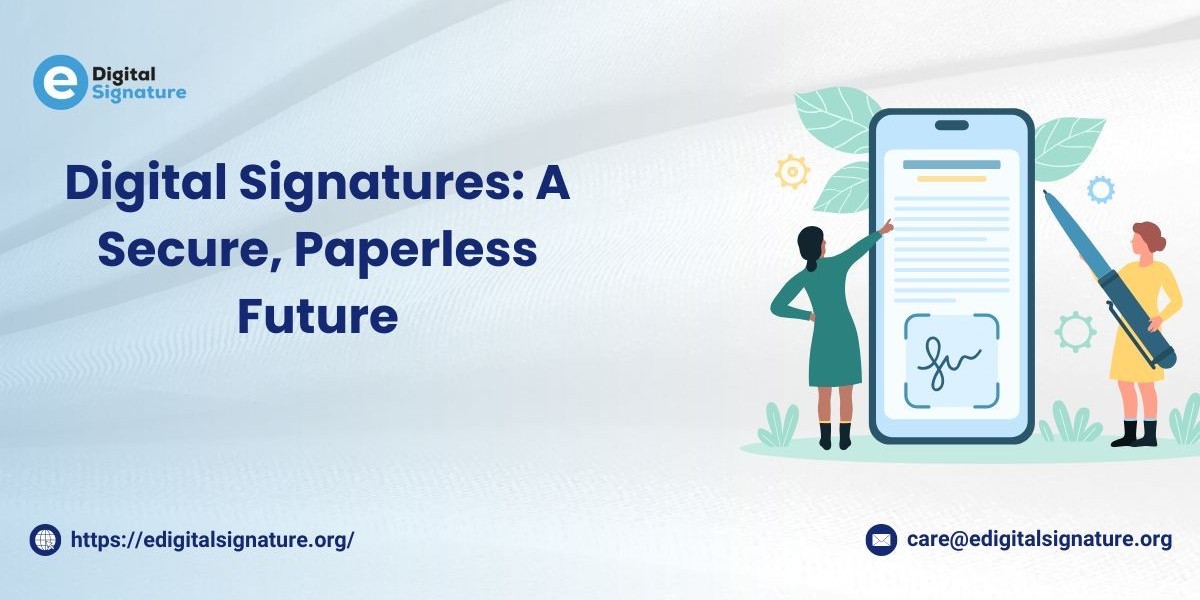In today’s digital age, more and more work is done online. From filing taxes to signing agreements, everything is shifting to the digital world. With this change, security becomes very important. How can you make sure that your online identity is safe? How can you sign a document online with legal value?
The answer is simple — with a Digital Signature Certificate (DSC).
If you are a business owner, company director, government employee, or even an individual who regularly uses online services, you may need a DSC. The good news is that you can now apply for a Digital Signature Certificate without any hassle. The process is easy, paperless, and fast when done correctly.
This guide will walk you through everything you need to know about DSC — what it is, why you need it, types of digital signature, documents required, and the step-by-step application process.
Let’s get started.
What is a Digital Signature Certificate (DSC)?
A Digital Signature Certificate (DSC) is a secure digital key issued by a certifying authority (CA) to verify the identity of the person signing a document electronically.
It serves the same purpose as a handwritten signature but in a digital format. A DSC confirms:
The authenticity of the document
The identity of the person signing it
That the document has not been changed after signing
DSCs are legally valid under the Information Technology Act, of 2000 and are widely used in e-filing, e-tendering, e-procurement, and more.
Why Do You Need a DSC?
A Digital Signature Certificate is needed for many online tasks. Here’s why it is useful:
1. Legal and Secure Online Signing
It allows you to sign documents and forms digitally securely and legally.
2. Mandatory for Government Filings
You need a DSC for filing income tax returns, GST, MCA forms, and e-tender applications.
3. Used in Company Registrations
Company directors and professionals must use DSCs when registering or managing companies.
4. Required for e-Tenders and e-Auctions
Many government departments require DSCs for participating in tenders and bidding online.
5. Saves Time
No need to print, sign, scan, and courier physical documents. You can sign them instantly from anywhere.
6. Builds Trust
DSCs confirm your identity to the receiver, which builds trust and avoids fraud.
Who Can Apply for a Digital Signature Certificate?
Anyone who needs to sign documents or verify identity online can apply for a DSC. This includes:
Individuals
Company directors
Chartered Accountants (CAs)
Company Secretaries (CS)
Government employees
Lawyers and consultants
Firms and companies
Vendors and bidders for e-tenders
Types of Digital Signature Certificates
DSCs are classified into three main types based on their usage:
1. Class 1 DSC
Used to verify email IDs and names
Suitable for low-security transactions
2. Class 2 DSC (now replaced by Class 3 as per new rules)
Was used for income tax, GST, MCA filings
No longer issued
3. Class 3 DSC (Current standard)
Highest level of security
Required for e-tendering, e-bidding, trademark filing, MCA, and GST filing
So, if you are applying for official or high-security purposes, go for Class 3 Digital Signature Certificate.
Types Based on User Roles
DSCs can also be issued in the following categories:
Individual DSC – For individuals who need to sign documents personally.
Organization DSC – For company representatives or employees.
Foreign Individual DSC – For NRIs or foreign nationals.
Government DSC – For government officers.
Validity of DSC
A DSC is usually valid for:
1 year
2 years
3 years
After expiry, it can be renewed through the same process.
Documents Required for DSC Application
Before applying, make sure you have the following documents ready:
For Individuals:
Passport-size photograph
PAN card (mandatory)
Aadhaar card or any other address proof
Mobile number and email ID
For Organizations:
Company PAN card
Certificate of Incorporation
Authorization letter from the company
ID and address proof of authorized person
Board resolution (if needed)
All documents should be self-attested. Scanned copies are accepted in online applications.
Where Can You Use a Digital Signature Certificate?
Here are some platforms and processes where DSC is commonly used:
Income Tax e-Filing
GST Registration and Returns
MCA (Ministry of Corporate Affairs) filings
e-Tendering portals (CPPP, GeM, etc.)
EPFO filings
DGFT (Import-Export Code)
Trademark and Patent filing
Contract agreements and MoUs
E-Auctions and Bidding
DSCs make all these processes faster and more secure.
Benefits of Digital Signature Certificate
1. Saves Time
You can sign and submit documents instantly from anywhere in the world.
2. Secure and Encrypted
DSCs use encryption that prevents tampering or misuse of documents.
3. Legally Valid
Digital signatures are legally recognized in India and accepted in courts.
4. Cost-Effective
No need to print, sign, scan, and courier documents.
5. Eco-Friendly
Reduces paper usage and supports digital India initiatives.
Renewal of DSC
Once your DSC expires, you can renew it easily:
Use the same certifying authority
Submit updated documents (if required)
Pay the renewal fee
Receive new token or updated DSC
Make sure to renew your DSC before expiry to avoid service disruption.
Common Mistakes to Avoid
Uploading unclear or expired documents
Entering incorrect name or PAN number
Skipping video verification
Using unregistered DSC agents
Forgetting to download or activate DSC
Avoiding these mistakes ensures fast and hassle-free approval.
Suggested Read – Class 3 Digital Signature Certificate For eTender
Final Thoughts
Getting a Digital Signature Certificate is now easier than ever. Whether you’re a professional, business owner, or government vendor, a DSC helps you sign documents, submit forms, and complete online transactions securely and legally.
You no longer need to go through lengthy paperwork or wait for weeks. By following the right process and choosing the right provider, you can apply for your DSC without hassle and start using it in just a few days.
Go digital. Go secure. Get your Digital Signature Certificate today.

